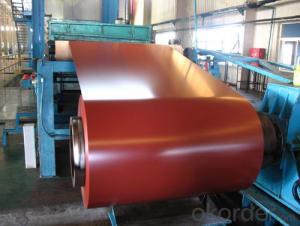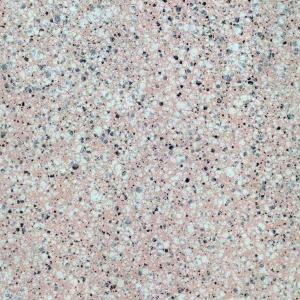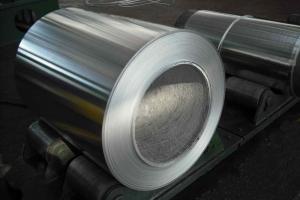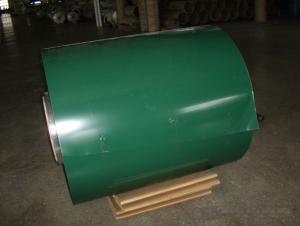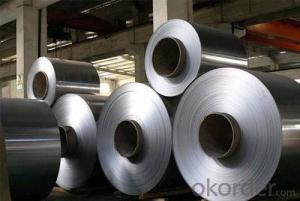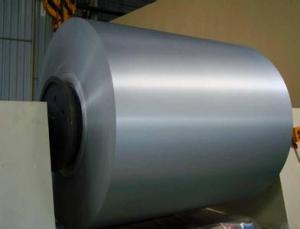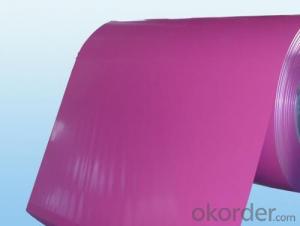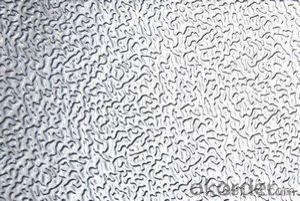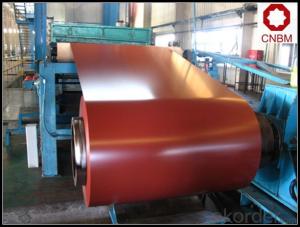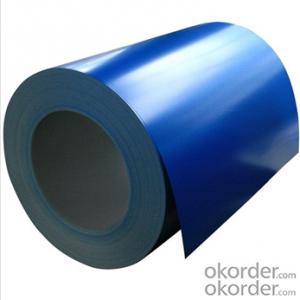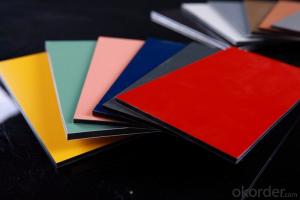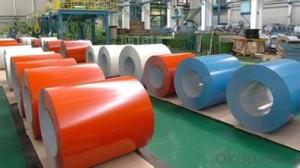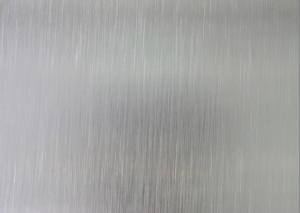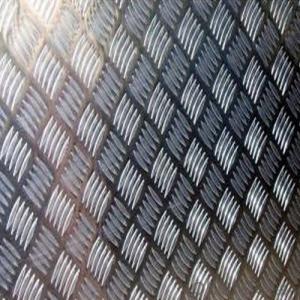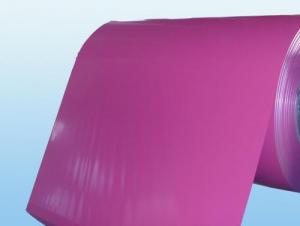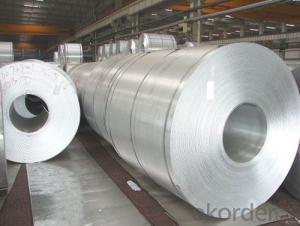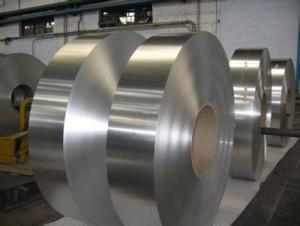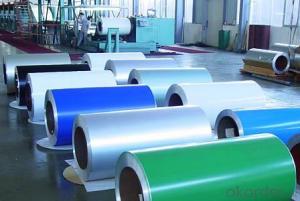All Categories
- - Steel Wire Rod
- - Steel Coils
- - Steel Profiles
- - Steel Pipes
- - Stainless Steel
- - Tinplate
- - Special Steel
- - Steel Sheets
- - Steel Rebars
- - Steel Strips
- - Hot Rolled Steel
- - Cold Rolled Steel
- - Pre-painted Steel
- - Seamless Steel Pipe
- - Welded Steel Pipe
- - Hollow Steel Tubes
- - Galvanized Pipe
- - Stainless Steel Coil
- - Stainless Steel Sheet
- - Stainless Steel Plate
- - Stainless Steel Strips
- - Electrolytic Tinplate Coil
- - Electrolytic Tinplate Sheet
- - Stainless Steel Rebars
- - Solar Panels
- - Solar Water Heater
- - Solar Related Products
- - Solar Inverter
- - Solar Cells
- - Solar Light
- - Solar Energy Systems
- - Solar Controllers
- - Solar Mounting System
- - Solar Pump
- - Solar Chargers
- - Fiberglass Chopped Strand
- - Fiberglass Mesh Cloth
- - Composite Pipes
- - FRP Pultrusion Profiles
- - Fiberglass Mat Tissue
- - Fiberglass Fabrics
- - Fiberglass Mesh
- - Composite Tank
- - Fiberglass Mesh tape
- - Polymer
- - FRP Roofing Panel
- - Fiberglass Roving
- - Monolithic Refractories
- - Ceramic Fiber Products
- - Refractory Bricks
- - Raw Materials For Refractory
- - Suspended Platform
- - Cranes
- - Concrete Machinery
- - Earthmoving Machinery
- - Building Hoist
- - Road Building Machinery
- - Plastic Pipe Fittings
- - Plastic Tubes
- - Plastic Sheets
- - Agricultural Plastic Products
- - Plastic Nets
 All Categories
All Categories
Q & A
What are the applications of aluminum coils in the automotive powertrain systems?
Aluminum coils find various applications in automotive powertrain systems, primarily due to their lightweight nature and excellent thermal conductivity. They are commonly used in the manufacturing of radiators, heat exchangers, and condensers. The use of aluminum coils in these components helps to enhance the cooling efficiency, reduce overall weight, and improve fuel efficiency of vehicles. Additionally, aluminum coils are also utilized in the production of electrical components like ignition coils and alternators due to their high electrical conductivity.
How do you conduct quality control testing on aluminum coil surfaces?
Quality control testing on aluminum coil surfaces can be conducted through various methods. One common approach is visual inspection, where trained personnel examine the surface for any defects such as scratches, dents, or discoloration. Additionally, physical tests like hardness testing, adhesion testing, and corrosion resistance testing can be performed to ensure the durability and quality of the aluminum coil. Furthermore, advanced techniques like spectroscopic analysis can be employed to assess the chemical composition and identify any impurities present on the surface. Overall, a combination of visual inspection and comprehensive testing methods can effectively conduct quality control testing on aluminum coil surfaces.
What is the role of aluminum coils in the automotive body panels?
Aluminum coils are used in automotive body panels to provide strength, durability, and lightweight properties. These coils are typically shaped and formed into panels, which are then used to construct various parts of an automobile's exterior, such as doors, fenders, hoods, and trunk lids. The use of aluminum coils helps to reduce the overall weight of the vehicle, which can improve fuel efficiency and performance. Additionally, aluminum is resistant to corrosion, making it an ideal material for exterior components that are exposed to various weather conditions.
How do you calculate the coil thickness required for specific insulation properties?
To calculate the coil thickness required for specific insulation properties, you need to consider the electrical voltage, desired insulation strength, and the material being used. The formula typically used is based on the dielectric strength of the material and the electric field intensity. By dividing the electric field intensity by the dielectric strength, you can determine the required coil thickness to achieve the desired insulation properties.
Wholesale Aluminum Coils from supplier in Angola
We are a Aluminum Coils supplier serving the Angola, mainly engaged in the sale, quotation, and technical support services of various Aluminum Coils products in the Angola region. We are a subsidiary platform of the Fortune Global 500 company CNBM, able to provide you with one-stop Aluminum Coils procurement services in the Angola. Not only do we have a wide range of Aluminum Coils products, but after years of market development in the Angola, we can also provide valuable experience for your projects.
